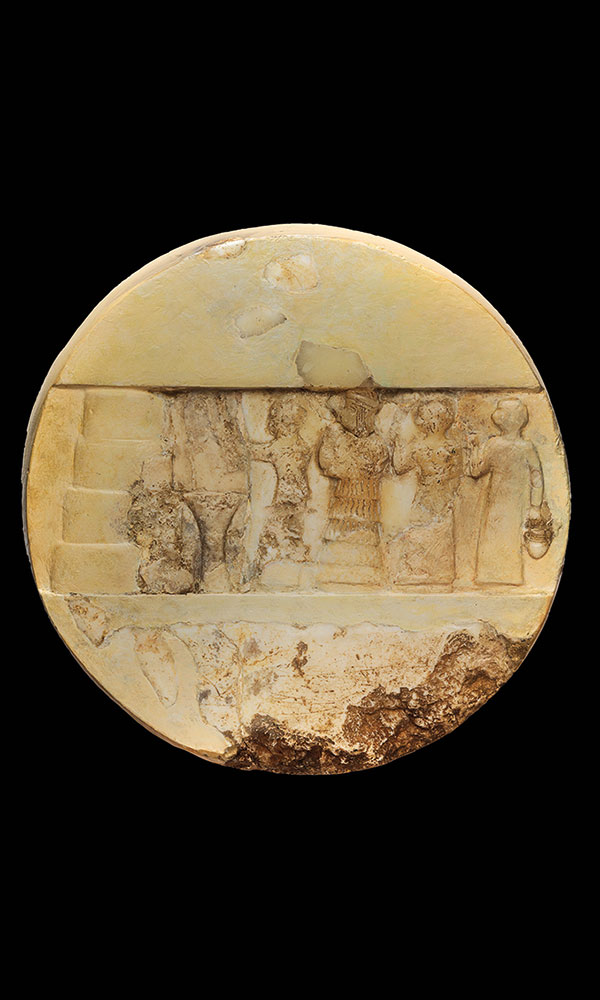CHARLESTON, SOUTH CAROLINA—Live Science reports that geneticist Raquel Fleskes of the University of Connecticut and her colleagues have analyzed DNA collected from the remains of enslaved people found in a small eighteenth-century cemetery in the international port city of Charleston, South Carolina, during a construction project in 2013. The remains were found in coffins along with objects including coins, tobacco pipes, and beads. The study was initiated by members of the Gullah Society, a nonprofit group that documents Black cemeteries, and members of the African American community of Charleston, who together formed the Anson Street African Burial Ground Project. The scientists were able to recover DNA samples from 18 of the 36 sets of human remains, which are now known as the Anson Street Ancestors. When compared to reference samples, the study showed that 17 of the 18 individuals in the study had predominantly African ancestry. Twelve of them had ancestors from West or West-Central Africa, and five had ancestry from Sub-Saharan Africa. One had ancestors from West Africa and North America, reflecting previous interactions between descendants of Africans and Indigenous North Americans. Strontium isotope analysis of the minerals in the individuals’ teeth further indicates that 13 of the Anson Street Ancestors were likely born and raised in West Africa. The study also suggests that none of the individuals in the study were related to one another. The remains of all of the Anson Street Ancestors have been reinterred. To read about a nineteenth-century identification tag unearthed in Charleston that was worn by an enslaved person, go to "Slave Tag," one of ARCHAEOLOGY's Top 10 Discoveries of 2021.
DNA Study Offers Clues to Colonial-Era Slavery
News January 16, 2023
Recommended Articles
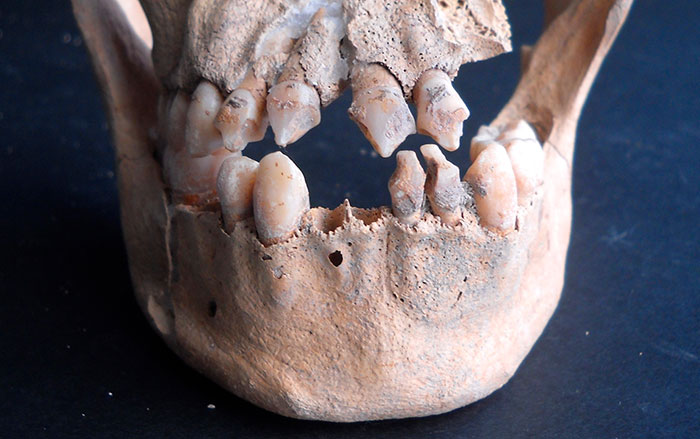

Top 10 Discoveries of 2025 January/February 2026
The First Indo-European Speakers
Eastern Ukraine and Southern Russia

Digs & Discoveries November/December 2025
The Egyptian Sequence
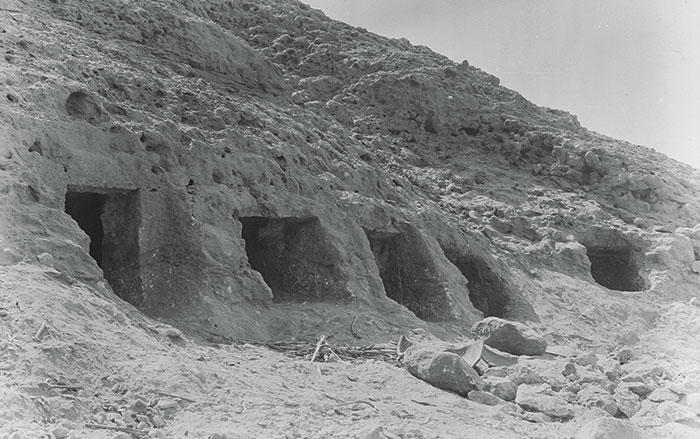
-
Features November/December 2022
Mexico's Butterfly Warriors
The annual monarch migration may have been a sacred event for the people of Mesoamerica
 (+NatureStock)
(+NatureStock) -
Features November/December 2022
Magical Mystery Door
An investigation of an Egyptian sacred portal reveals a history of renovation and deception
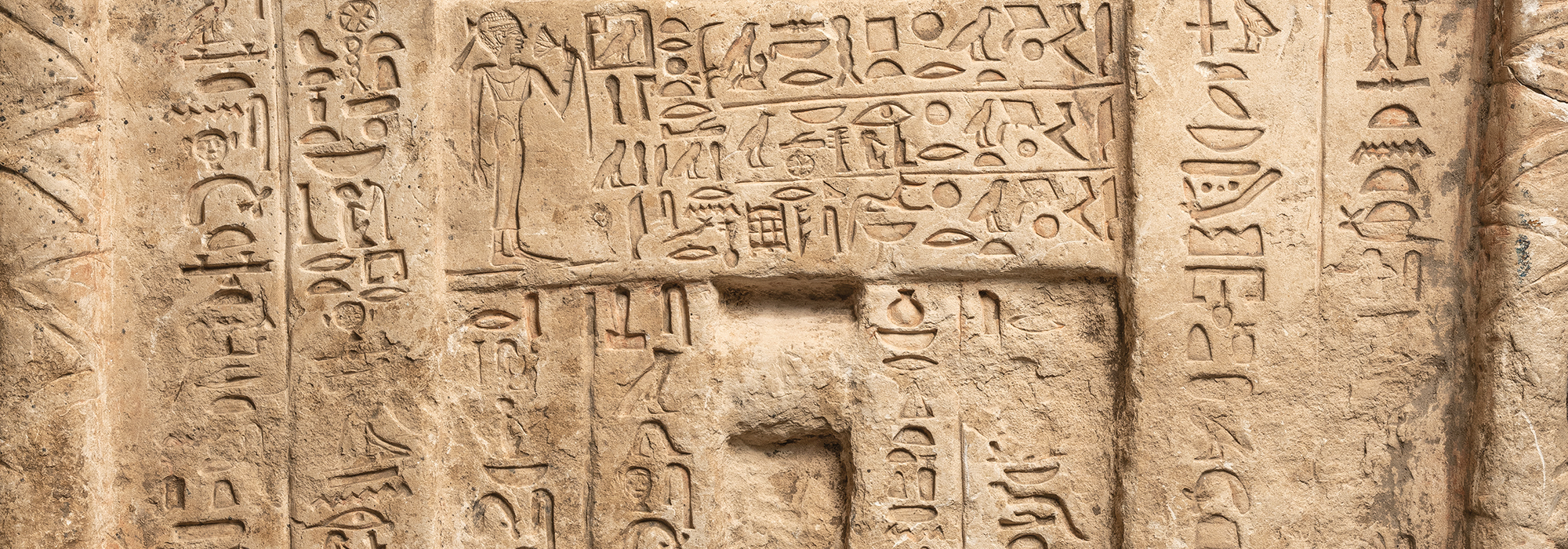 (© The Fitzwilliam Museum, Cambridge)
(© The Fitzwilliam Museum, Cambridge) -
Letter from Australia November/December 2022
Murder Islands
The doomed voyage of a seventeenth-century merchant ship ended in mutiny and mayhem
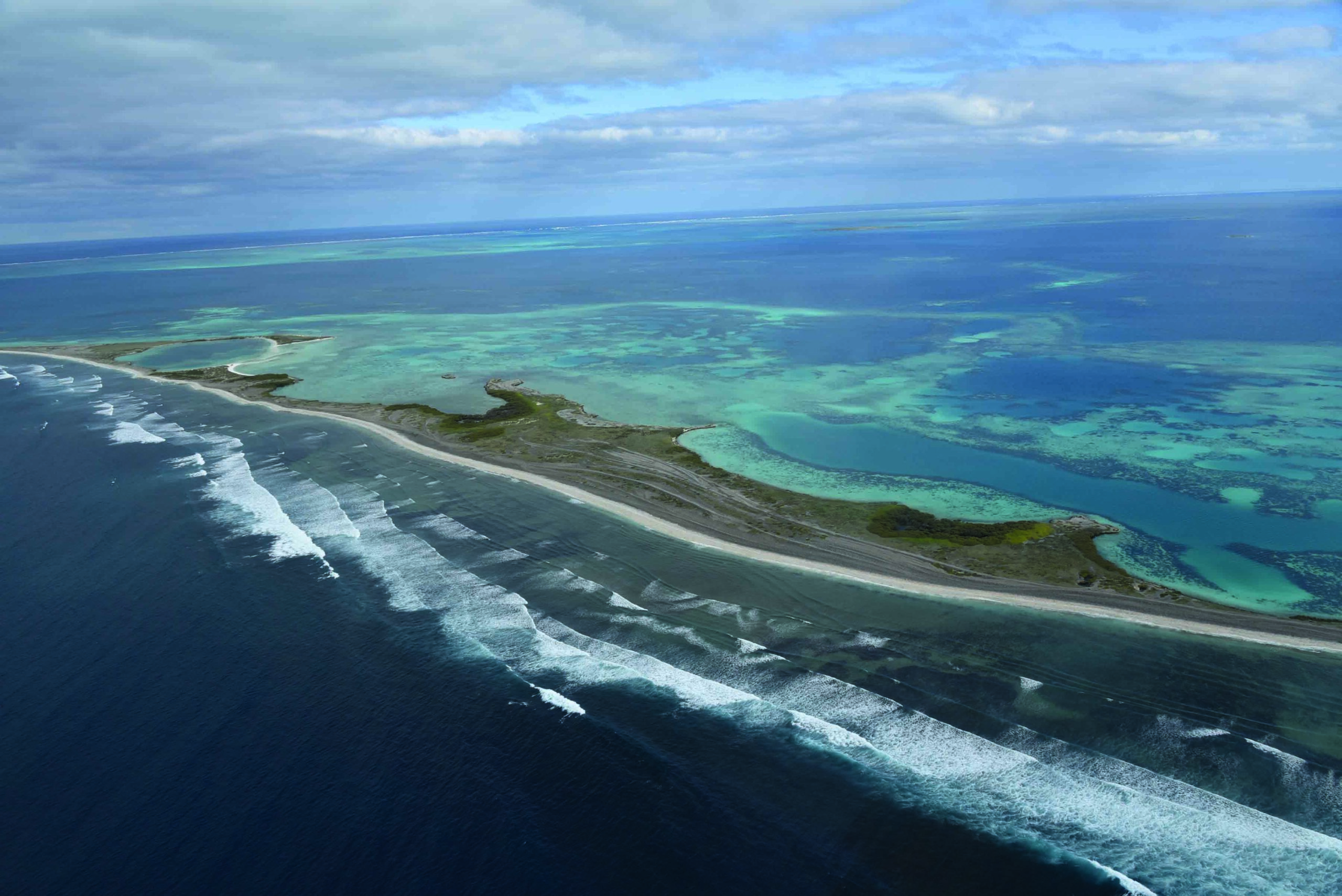 (Roger Atwood)
(Roger Atwood) -
Artifacts November/December 2022
Hellenistic Inscribed Bones
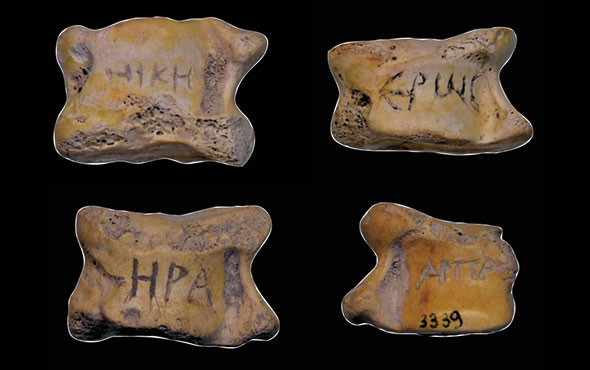 (Courtesy Israel Antiquities Authority)
(Courtesy Israel Antiquities Authority)



